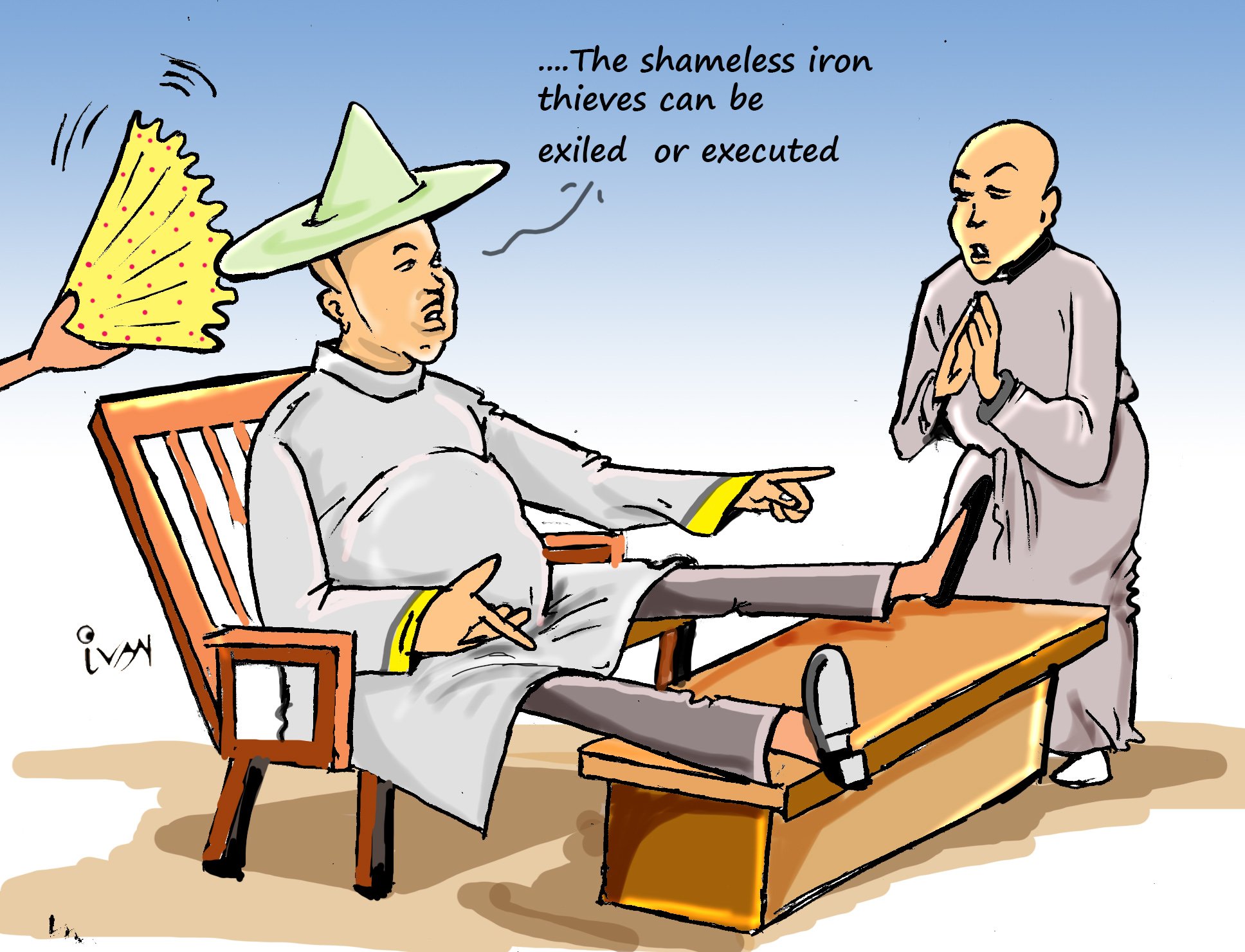Prime
Use iron sheets saga to address housing

Author: Phillip Matogo. PHOTO/FILE
What you need to know:
‘‘The government seems unaware that the housing market, has the potential to cause socio-political cleavages"
On Tuesday, police confirmed the arrest of State Minister for Karamoja, Agnes Nandutu, over the Karamoja iron sheets scandal.
“The Uganda Police Force has this morning obtained a statement from the Minister of State for Karamoja Agnes Nandutu in relation to the ongoing investigations about Abuse of office and theft of iron sheets meant for Karamoja,” the deputy police spokesperson, Polly Namaye, said on Tuesday evening.
This development comes on the back of the arrest of Minister Amos Lugoloobi by police last Friday but one along the Entebbe Expressway.
Another minister, Mary Goretti Kitutu, was also charged with corruption in relation to the iron sheets scandal.
It is an obvious that iron sheeting is commonly used in Uganda for makeshift constructions and as roofing.
However, instead of constructing houses for the vulnerable people of Karamoja, iron sheets are being used to create a Potemkin village of concern for Ugandans.
In politics, a Potemkin village is any construction (literal or figurative) whose sole purpose is to provide an external façade to a country that is faring poorly, making people believe that the country is faring better.
Accordingly, we are being led to believe, by this façade of arrests, that corruption is being deconstructed so a Potemkin temple of justice is constructed around the narrative of a feeling government.
The government seems unaware that the housing market, of which iron sheets are an integral part, has the potential to cause socio-political cleavages that will reduce Uganda’s pseudo-welfare state to the ruins of political conflict.
To explain this, let us refer to the construction bubble in Kampala.
Many rentals are sprouting around the city, but their rent makes them unaffordable to the salary earners they were supposedly built for.
To be sure, such salaried workers earn, on average, significantly less than one million shillings per month while these rentals cost upwards of two hundred thousand shillings per month.
Thus rent represents an opportunity cost in terms of several other essentials being rendered too pricey when rent is prioritised.
This grim reality is likely to get worse as the population in and around Kampala outstrips available housing and the forces of demand and supply conspire to further increase rent.
Indeed, the increasing unavailability of fixed living space ultimately underpins the relative cost of rent, and therefore the relative wealth of residential tenants.
In short, the more rent one pays the less disposable income one has; thus revealing the pernicious role residential housing plays in solidifying income inequality.
This inequality has political consequences because Ugandans are being deprived of affordable rentals in much the same way the people of Karamoja have been deprived of their iron sheets.
With this in mind, what is happening to Karamoja is a microcosm of what is happening in the rest of the country.
So if the government does not address issues arising out of housing at a macro-level, the arrests of the said ministers will remain nothing but a façade.
Again, many Ugandans, especially in Kampala, will continue to vote against the ruling National Resistance Movement (NRM) if it persists in ignoring their inaccessibility to decent dwellings.
As a corollary to the NRM party’s evident indifference to satisfactory housing, homelessness and crime will soar to a revolutionary pitch. This will lead to upheaval, mind.
To avoid such political Armageddon, the NRM should use the iron sheets scandal as a battle cry to ensure the country transitions to a housing system that treats housing as a social good.
In this way, the cost of rentals or other housing units is determined by their developmental potential instead of their market value.




